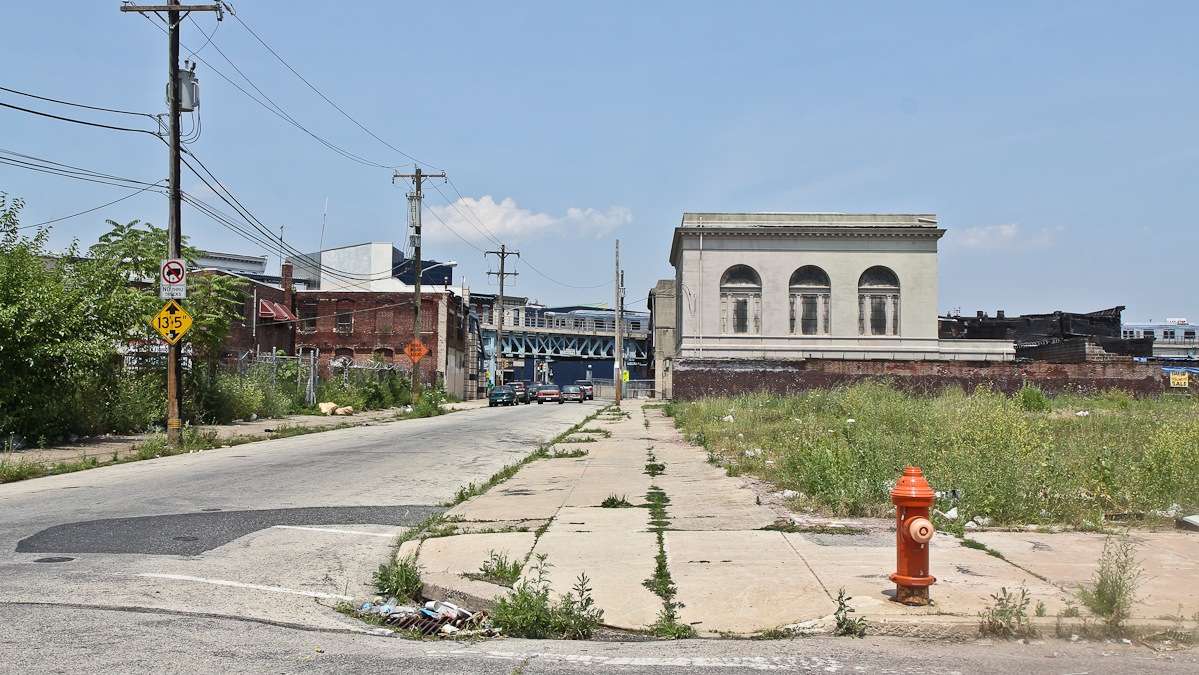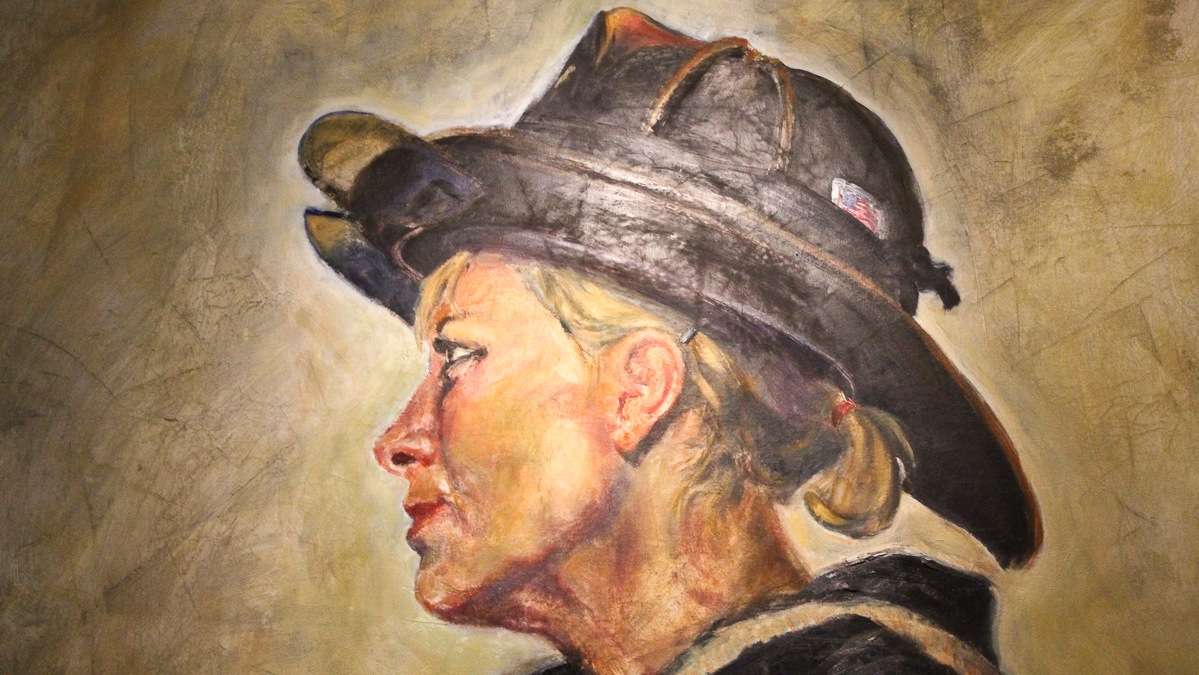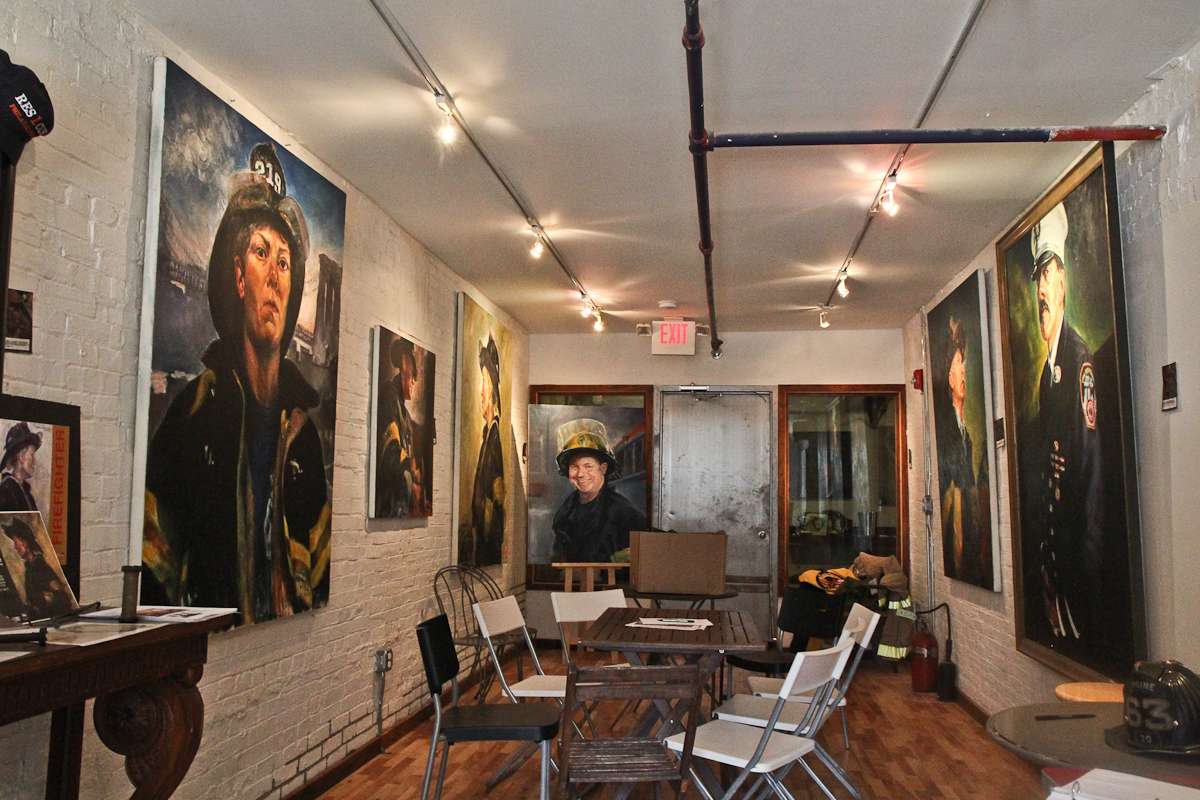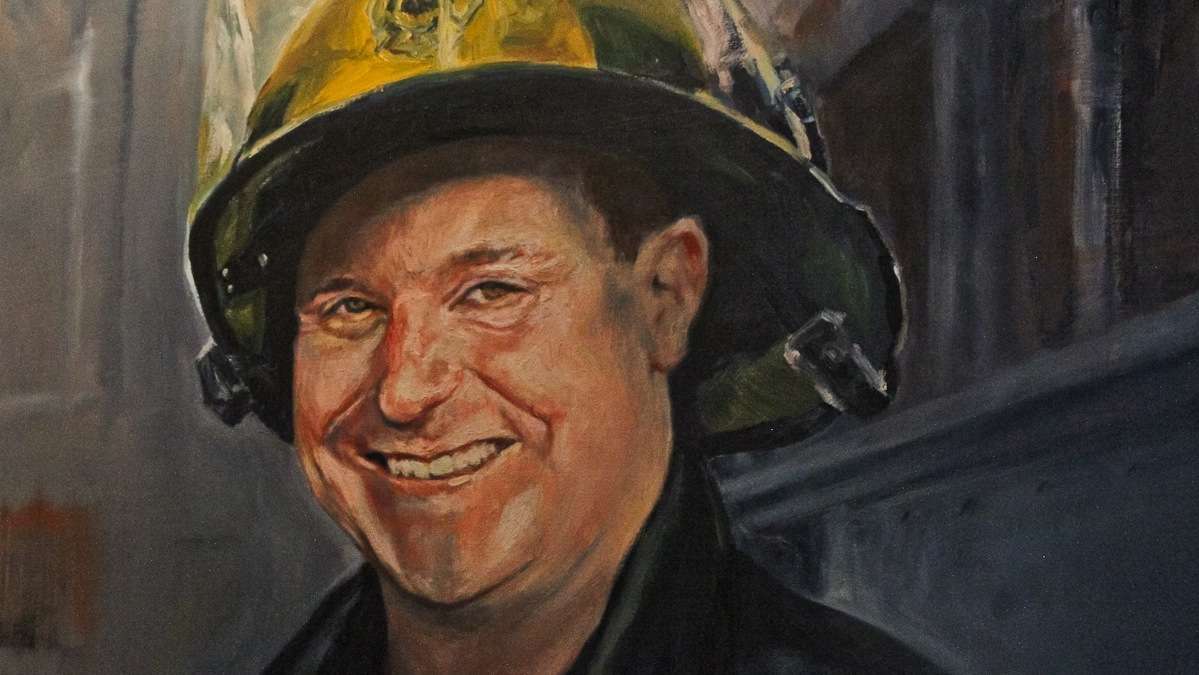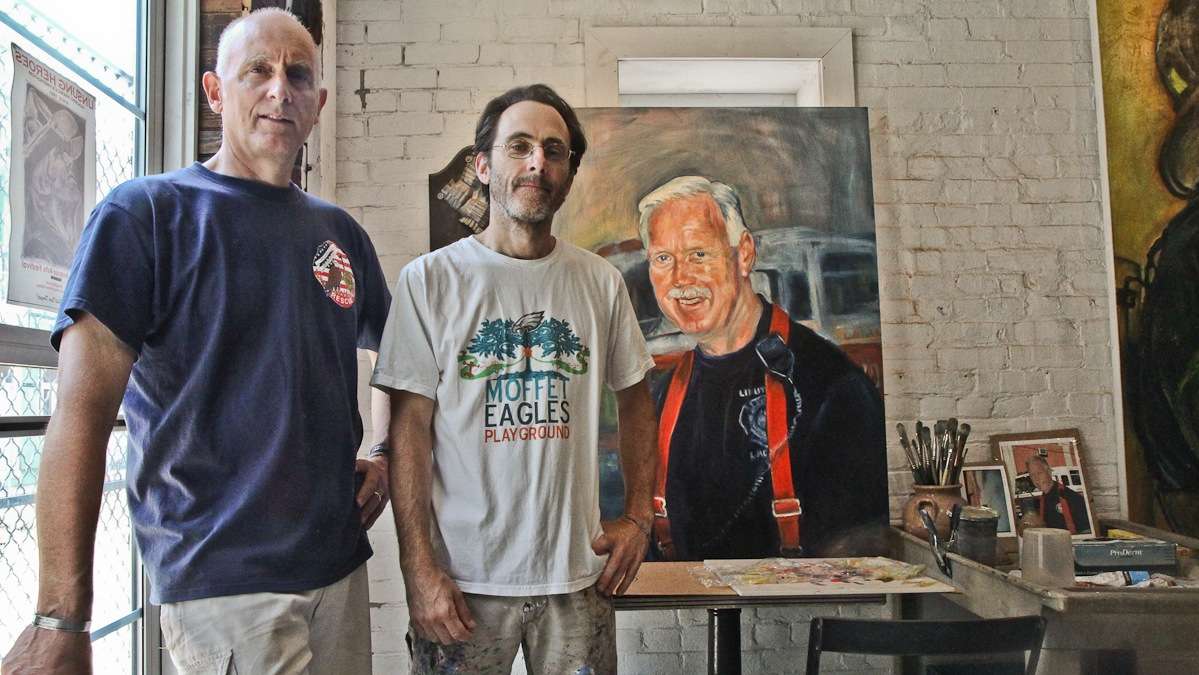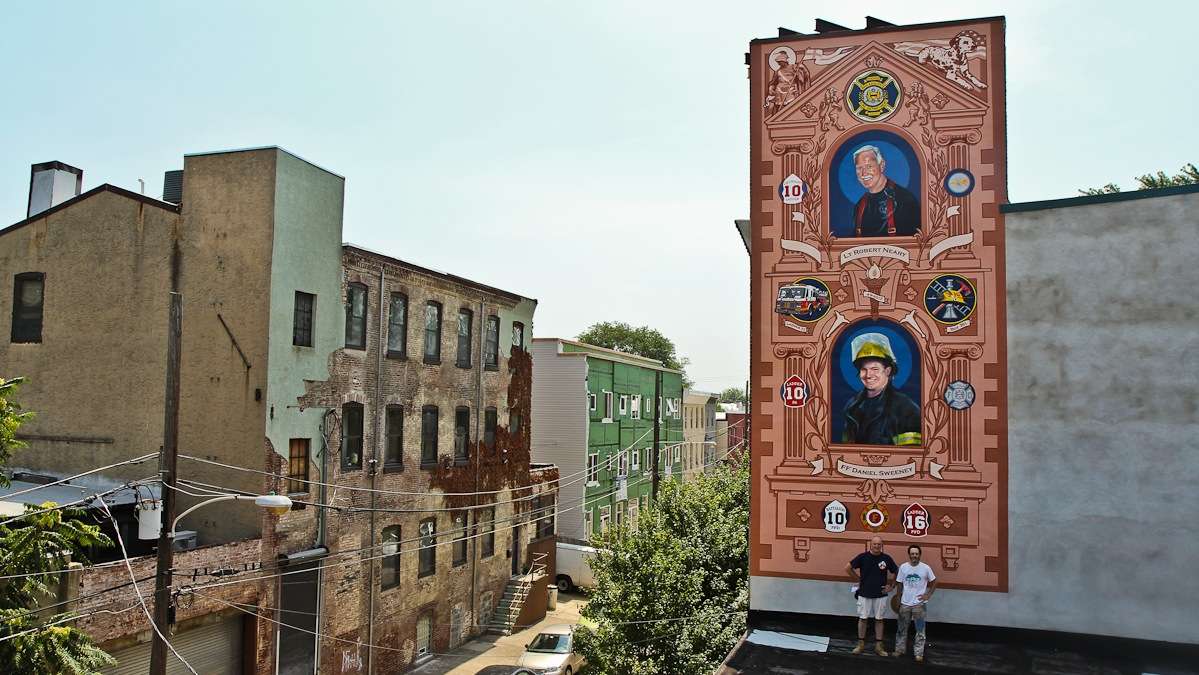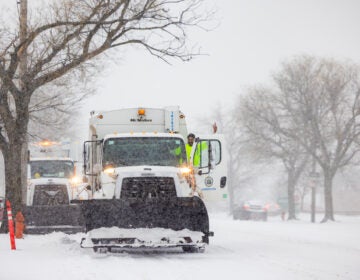Philly cigarette tax for schools stalled in legislative pingpong match
The passage of the Philadelphia cigarette tax hit a major setback Tuesday.
The Pennsylvania Senate approved the tax, but added provisions as part of an omnibus package that will yet again need the blessing of the House of Representatives, which is not scheduled to return to a voting session until the fall.
The Philadelphia School District had been desperately hoping the Senate would allow the House version of the cigarette tax – approved in dramatic fashion last week – to pass unscathed.
But Senate Majority Leader Dominic Pileggi, R-Delaware, added an amendment to the bill that would “sunset” the tax after five years and prohibit the school district from borrowing against cigarette tax proceeds.
Philadelphia Schools Superintendent William Hite immediately blasted the move in a written statement, calling it an action that “throws us back into uncertainty.”
“At full implementation, the cigarette tax was estimated to generate more than $80 million annually,” said Hite. “Ending the tax in five years will exacerbate our structural deficit, complicate our long-term planning efforts, make it harder to access the capital markets, and strip our schools of educational services and supports.”
The district currently faces a $93 million budget gap merely to provide last year’s admittedly “insufficient,” bare-bones level of services.
“With schools scheduled to open in less that two months, it is crucial that we secure the needed funding to support our students and schools,” said Hite. “We implore the House and Senate to come to agreement immediately on cigarette tax legislation that does not include a sunset provision.”
Delays, amendments could shorten school year
Philadelphia Mayor Michael Nutter was in Harrisburg lobbying for the measure to pass without changes.
Nutter spokesman Mark McDonald said the amendments threaten the district’s ability to operate a full school year.
“Every week without this tax in place will cost the district money,” he said. “It is a terrible situation for the district and one that the mayor hopes can be resolved by House and Senate coming together and abandoning this sunset provision.”
Stephen Miskin, spokesman for House Republicans, said it was “unclear” when the House would come back for a voting session.
He also expressed displeasure with the fact that the bill as passed by the Senate added other provisions, including various hotel taxes and monies for City Revitalization and Improvement Zones.
“It will very difficult to pass House Bill 1177 if it is loaded with all these hotel taxes and new CRIZs, which could cost the state up to $70 million,” Miskin said. “We certainly preferred legislation focused on quality education for the kids in Philadelphia.”
State Sen. Vincent Hughes, D-Philadelphia, had tried to force an up-or-down vote on an older version of the bill, sans amendments, but the motion failed.
“It’s very possible we could be in a pingpong effect, where the bill goes back and forth, back and forth,” said Hughes, “because the House could make further amendments and send it back to the Senate.”
Senate Democrats estimate that the school district loses $1.6 million every week that the implementation of the cigarette tax is delayed.
As the cigarette tax theater has unfolded, both legislative bodies have been waiting for Gov. Tom Corbett to sign the budget plan they passed. Corbett has so far refused to do so, demanding the General Assembly to tackle pension reform before giving his blessing.
Corbett, who has expressed support for the cigarette tax, could attempt to lure the Legislature back into session by vetoing all or parts of the budget.
Tobacco lobby mobilizes
The Senate passed a version of cigarette tax a week ago that didn’t include the new provisions.
Hughes blamed the influence of the tobacco lobby.
“This is a cigarette tax. You have to assume that the cigarette lobby got engaged in this process and tried to make changes in the legislation,” he said. “All our information indicates that those are the individuals who drove the process.”
Sen. Anthony Hardy Williams, D-Philadelphia, echoed that sentiment, referencing the tobacco lobby’s influence with Senate President Pro Tempore Joseph Scarnati, R-Jefferson, who represents tobacco growing districts in western Pennsylvania.
“They have a relationship. He represents them to some capacity, so they I guess they lobby him on behalf of his constituents,” said Williams.
A spokeswoman for Senate Republicans said she could not comment. Pileggi declined an interview request. Appropriations chair Jake Corman, R-Centre, could not be reached.
Pileggi’s amendment was added in the Senate Rules Committee, which has three members of the Philadelphia delegation, Hughes, Williams and Sen. Christine Tartaglione, also a Democrat.
Williams, who on Monday with Mayor Nutter urged swift passage of the cigarette tax, departed from his Democratic colleagues in joining Pileggi to vote for the amendment.
Williams defended his vote as a “good will” nod to the realities of the political process.
He reasoned that Pileggi’s amendment also reintroduced language that allows some counties to increase their tax on hotel room rentals.
This language was stripped in the House version of the bill, upsetting senators who represent those districts.
“It’s a balance. You have to take into consideration other members’ concerns and their priorities as you’re advancing your own,” said Williams. “Whatever their needs are, I think they should be addressed, and that’s why we voted for it the first time.”
Things may have been different if his were the deciding vote on the matter.
“If I thought it was the deciding vote, I may have made a different decision,” Williams said. “But it wasn’t.”
Adding a sunset provision to the cigarette tax was a far better alternative than some of the other amendments being pushed by the tobacco lobby, including measures that would have further slowed the implementation of the tax and reduced the rate of collection, Williams said.
WHYY is your source for fact-based, in-depth journalism and information. As a nonprofit organization, we rely on financial support from readers like you. Please give today.



